-
 Bitcoin
Bitcoin $116700
0.24% -
 Ethereum
Ethereum $3973
4.34% -
 XRP
XRP $3.283
7.68% -
 Tether USDt
Tether USDt $1.000
0.01% -
 BNB
BNB $789.8
2.27% -
 Solana
Solana $176.2
3.31% -
 USDC
USDC $0.9999
0.00% -
 Dogecoin
Dogecoin $0.2238
5.14% -
 TRON
TRON $0.3389
-0.51% -
 Cardano
Cardano $0.7907
4.03% -
 Stellar
Stellar $0.4527
10.02% -
 Hyperliquid
Hyperliquid $41.07
4.27% -
 Sui
Sui $3.794
1.77% -
 Chainlink
Chainlink $19.49
10.40% -
 Bitcoin Cash
Bitcoin Cash $580.9
0.74% -
 Hedera
Hedera $0.2617
4.32% -
 Avalanche
Avalanche $23.41
3.67% -
 Ethena USDe
Ethena USDe $1.001
-0.03% -
 Litecoin
Litecoin $122.4
1.38% -
 Toncoin
Toncoin $3.364
1.49% -
 UNUS SED LEO
UNUS SED LEO $8.988
0.37% -
 Shiba Inu
Shiba Inu $0.00001295
2.82% -
 Uniswap
Uniswap $10.62
5.75% -
 Polkadot
Polkadot $3.922
4.46% -
 Dai
Dai $1.000
0.01% -
 Bitget Token
Bitget Token $4.494
2.15% -
 Monero
Monero $268.0
-1.30% -
 Cronos
Cronos $0.1523
3.68% -
 Pepe
Pepe $0.00001127
4.43% -
 Aave
Aave $285.4
4.85%
How to find my private key on a crypto exchange
In cryptocurrency, private keys grant full control over your funds—exchanges hold them for you, but only self-custody wallets give you true ownership and access.
Aug 09, 2025 at 03:56 am

Understanding Private Keys and Their Role in Cryptocurrency
In the world of cryptocurrency, a private key is a cryptographic code that allows a user to access and manage their digital assets. It acts as a digital signature, enabling transactions from a specific wallet address. Each private key is mathematically linked to a public key, which in turn generates a wallet address visible on the blockchain. It is crucial to understand that private keys must remain confidential—anyone with access to them can control the associated funds.
When users sign up on a crypto exchange, they are typically provided with a custodial wallet. This means the exchange, not the user, holds the private keys. This setup is convenient for trading but limits user control. Unlike self-custody wallets such as MetaMask or Ledger, where users generate and store their own private keys, exchange wallets do not grant access to private keys. This is a fundamental design principle for security and operational efficiency on centralized platforms.
Why Exchanges Do Not Provide Private Keys
Centralized exchanges like Binance, Coinbase, or Kraken operate under a custodial model. This means they manage private keys on behalf of users to streamline operations such as trading, withdrawals, and account recovery. As a result, users are not given direct access to their private keys. The exchange maintains a pool of wallets and uses internal systems to track user balances without exposing underlying cryptographic keys.
This custodial approach enhances security from the platform’s perspective, as it allows for features like two-factor authentication (2FA), withdrawal whitelisting, and account recovery. However, it also means users do not have full ownership of their assets in the traditional blockchain sense. The famous adage in crypto—“Not your keys, not your coins”—highlights this risk. If an exchange is hacked or goes offline, users may lose access to funds despite having a balance on the platform.
How to Access Your Wallet’s Private Key (Only in Self-Custody Wallets)
If you are using a non-custodial or self-custody wallet, you can retrieve your private key through the wallet interface. This process varies depending on the software or hardware wallet used. Below are detailed steps for common wallet types:
- Open your wallet application (e.g., MetaMask, Trust Wallet, or Exodus).
- Navigate to the settings or security section.
- Look for an option labeled “Reveal Private Key”, “Show Recovery Phrase”, or similar.
- Authenticate using your password or biometric verification.
- Once verified, the private key or seed phrase will be displayed.
Never share your private key or seed phrase with anyone. Store it offline in a secure location such as a hardware wallet or encrypted storage. Screenshots or digital copies stored on internet-connected devices increase the risk of theft.
Transferring Funds to a Wallet Where You Control the Private Key
To gain control over your private keys, you must transfer your cryptocurrency from the exchange to a self-custody wallet. Follow these steps carefully:
- Set up a self-custody wallet (e.g., Ledger, Trezor, or MetaMask).
- After setup, locate your wallet’s public address (a long string starting with 0x, 1, or bc1, depending on the chain).
- Log in to your exchange account.
- Go to the withdrawal section and select the cryptocurrency you wish to transfer.
- Paste your wallet’s public address into the recipient field.
- Enter the amount and confirm the network (e.g., Ethereum for ERC-20 tokens, Bitcoin for BTC).
- Review all details and submit the withdrawal request.
Ensure the network matches the asset type. Sending ERC-20 tokens to a BEP-20 address, for example, can result in permanent loss. Always perform a small test transaction first.
Security Best Practices When Handling Private Keys
Handling private keys requires extreme caution. Unauthorized access leads to irreversible loss of funds. Key security measures include:
- Never enter your private key or seed phrase on any website other than your verified wallet application.
- Use hardware wallets for long-term storage, as they keep private keys offline.
- Enable multi-factor authentication (MFA) on all associated accounts.
- Avoid storing private keys in cloud storage, email, or text messages.
- Regularly update wallet software to protect against vulnerabilities.
Phishing attacks often mimic legitimate wallet interfaces to steal keys. Always verify URLs and application authenticity before entering sensitive information.
Common Misconceptions About Exchange Wallets and Private Keys
Many users assume that because they can withdraw funds, they control the private keys. This is incorrect. The ability to initiate withdrawals does not equate to key ownership. Exchanges use internal signing mechanisms to authorize transactions on your behalf. You are authorizing the exchange to act, not signing transactions yourself.
Another misconception is that recovery emails or passwords can retrieve private keys from exchanges. This is false. Exchanges do not store private keys in a user-accessible format. Account recovery resets access to the exchange interface but does not provide cryptographic key data.
Frequently Asked Questions
Can I export my private key from Binance or Coinbase?
No, Binance, Coinbase, and similar centralized exchanges do not allow users to export private keys. These platforms are custodial, meaning they hold and manage the keys for all user accounts. You cannot access them regardless of account verification level or trading volume.
What should I do if someone asks for my private key?
Never share your private key with anyone. Legitimate services, including exchanges and wallet providers, will never ask for it. Sharing your key gives full control of your funds to the recipient. If you’ve already shared it, transfer your assets to a new wallet immediately.
Is there a way to check who holds the private key for a wallet address?
There is no public tool to determine who holds a private key for a given address. However, if the address belongs to a known exchange (e.g., a deposit address starting with a specific pattern), blockchain analysis firms may associate it with the exchange’s pool. Individual key ownership remains private by design.
Can I recover my private key if I lose access to my self-custody wallet?
If you lose access to your self-custody wallet, you can only recover it using the seed phrase (recovery phrase) provided during setup. Without the seed phrase or private key, recovery is impossible. There is no central authority to reset or retrieve it.
Disclaimer:info@kdj.com
The information provided is not trading advice. kdj.com does not assume any responsibility for any investments made based on the information provided in this article. Cryptocurrencies are highly volatile and it is highly recommended that you invest with caution after thorough research!
If you believe that the content used on this website infringes your copyright, please contact us immediately (info@kdj.com) and we will delete it promptly.
- Coinbase, Cosmos, and dYdX: Navigating the Crypto Currents
- 2025-08-09 06:30:16
- BNB Price, Altcoins, and Predictions: What's the Buzz?
- 2025-08-09 06:30:16
- Crypto Presale Projects Primed for Gains in 2025: A New Yorker's Take
- 2025-08-09 06:50:15
- Ruvi AI: The Millionaire Maker Poised for a Price Spike?
- 2025-08-09 06:50:15
- Cold Wallet, CoinMarketCap, Cardano & XRP: Navigating Crypto's Next Big Wave
- 2025-08-09 07:10:15
- Hedera (HBAR) Price Surge: Market Cap Soars, What's Next?
- 2025-08-09 07:10:15
Related knowledge
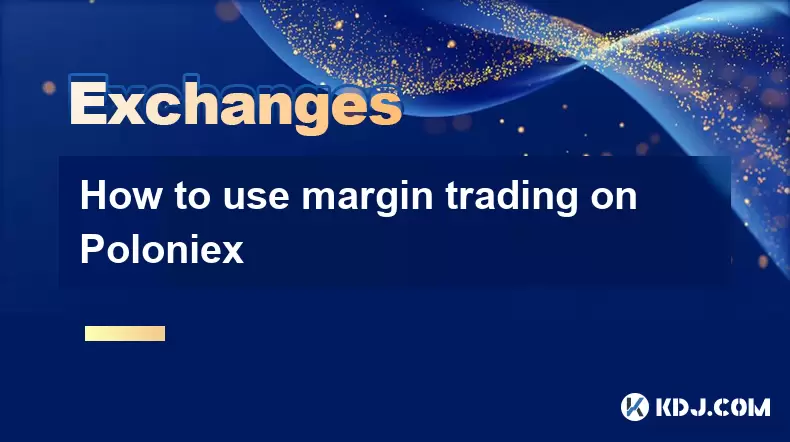
How to use margin trading on Poloniex
Aug 08,2025 at 09:50am
Understanding Margin Trading on Poloniex
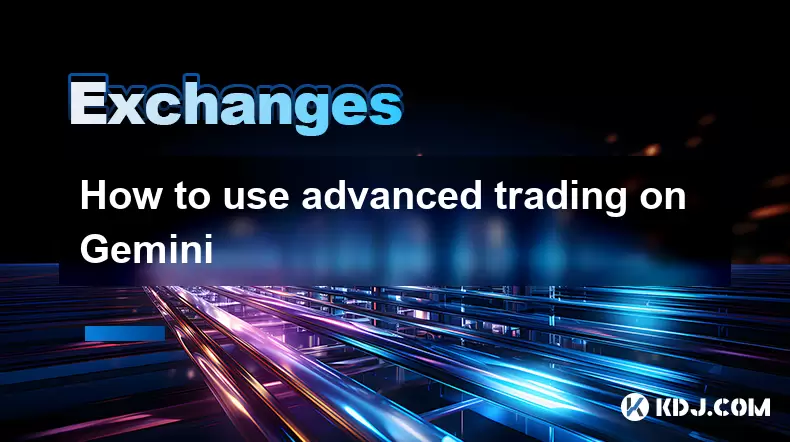
How to use advanced trading on Gemini
Aug 08,2025 at 04:07am
Understanding Advanced Trading on GeminiAdvanced trading on Gemini refers to a suite of tools and order types designed for experienced traders who wan...
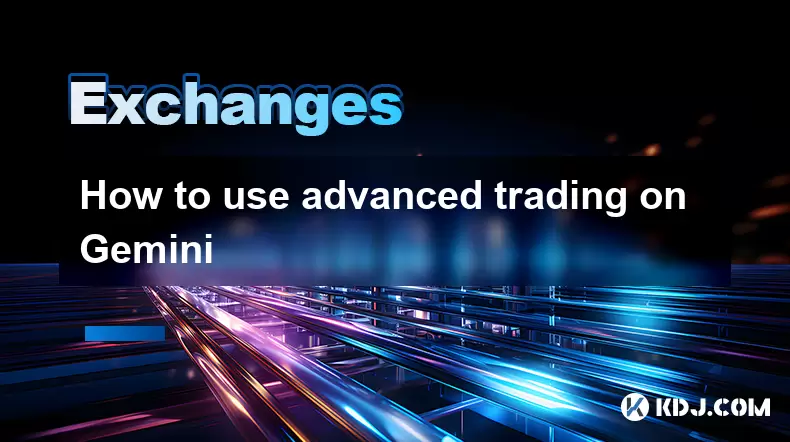
How to use advanced trading on Gemini
Aug 08,2025 at 10:56pm
Understanding Advanced Trading on GeminiAdvanced trading on Gemini refers to the suite of tools and order types available on the Gemini ActiveTrader p...
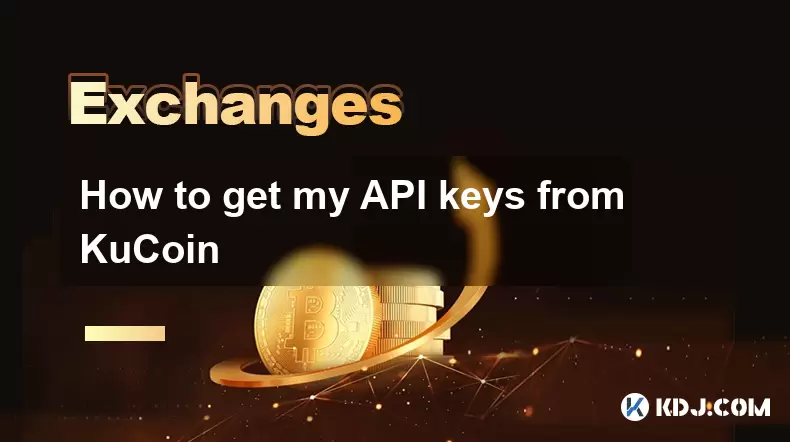
How to get my API keys from KuCoin
Aug 08,2025 at 06:50pm
Understanding API Keys on KuCoinAPI keys are essential tools for users who want to interact with KuCoin's trading platform programmatically. These key...
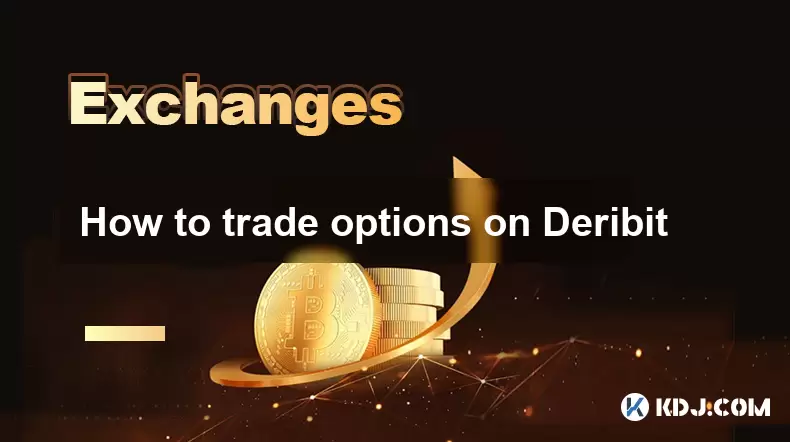
How to trade options on Deribit
Aug 09,2025 at 01:42am
Understanding Deribit and Its Options MarketDeribit is a leading cryptocurrency derivatives exchange that specializes in Bitcoin (BTC) and Ethereum (E...
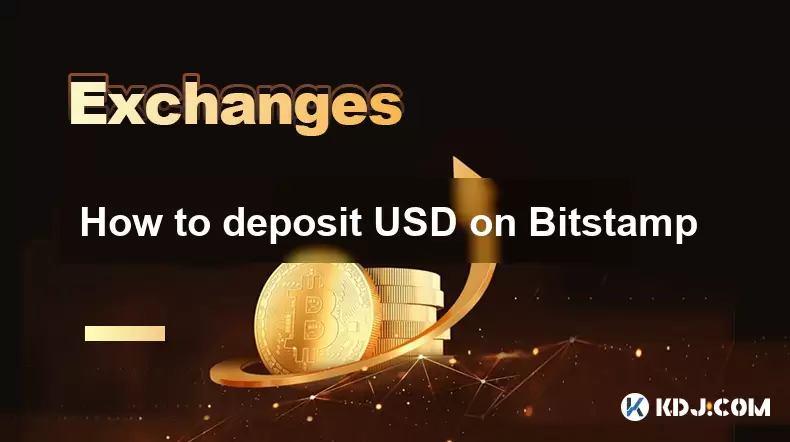
How to deposit USD on Bitstamp
Aug 07,2025 at 05:18pm
Understanding Bitstamp and USD DepositsBitstamp is one of the longest-standing cryptocurrency exchanges in the industry, offering users the ability to...

How to use margin trading on Poloniex
Aug 08,2025 at 09:50am
Understanding Margin Trading on Poloniex

How to use advanced trading on Gemini
Aug 08,2025 at 04:07am
Understanding Advanced Trading on GeminiAdvanced trading on Gemini refers to a suite of tools and order types designed for experienced traders who wan...

How to use advanced trading on Gemini
Aug 08,2025 at 10:56pm
Understanding Advanced Trading on GeminiAdvanced trading on Gemini refers to the suite of tools and order types available on the Gemini ActiveTrader p...

How to get my API keys from KuCoin
Aug 08,2025 at 06:50pm
Understanding API Keys on KuCoinAPI keys are essential tools for users who want to interact with KuCoin's trading platform programmatically. These key...

How to trade options on Deribit
Aug 09,2025 at 01:42am
Understanding Deribit and Its Options MarketDeribit is a leading cryptocurrency derivatives exchange that specializes in Bitcoin (BTC) and Ethereum (E...

How to deposit USD on Bitstamp
Aug 07,2025 at 05:18pm
Understanding Bitstamp and USD DepositsBitstamp is one of the longest-standing cryptocurrency exchanges in the industry, offering users the ability to...
See all articles

























































































